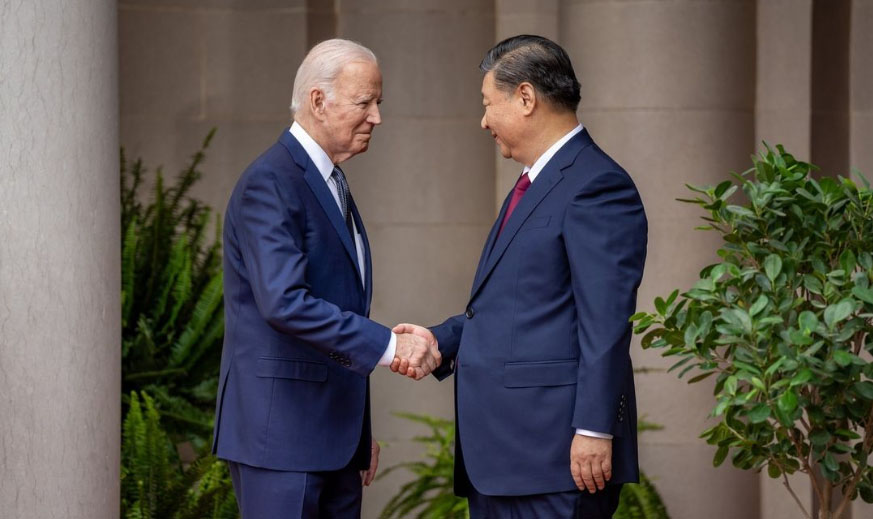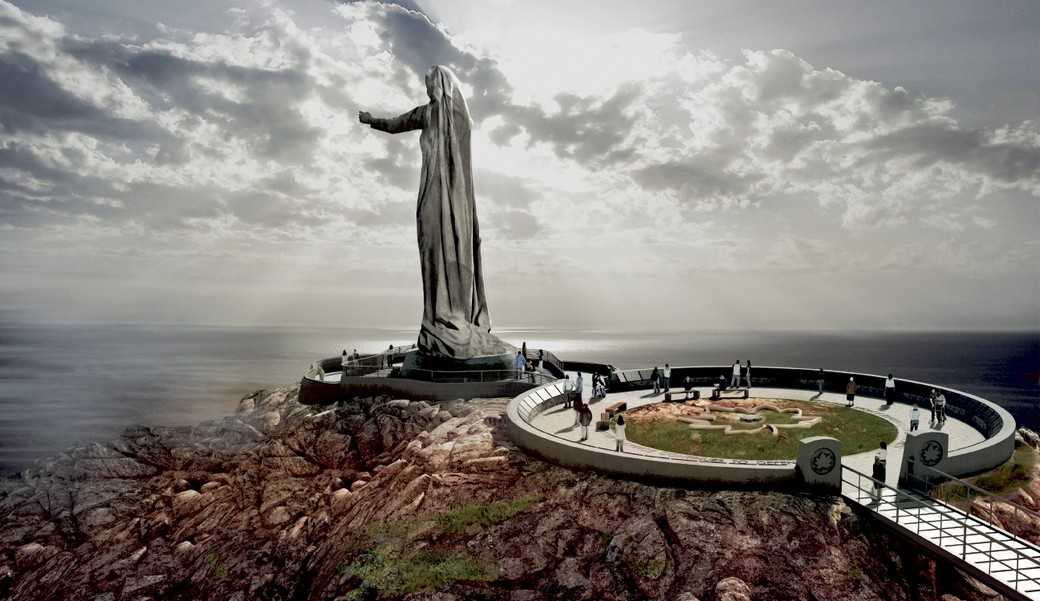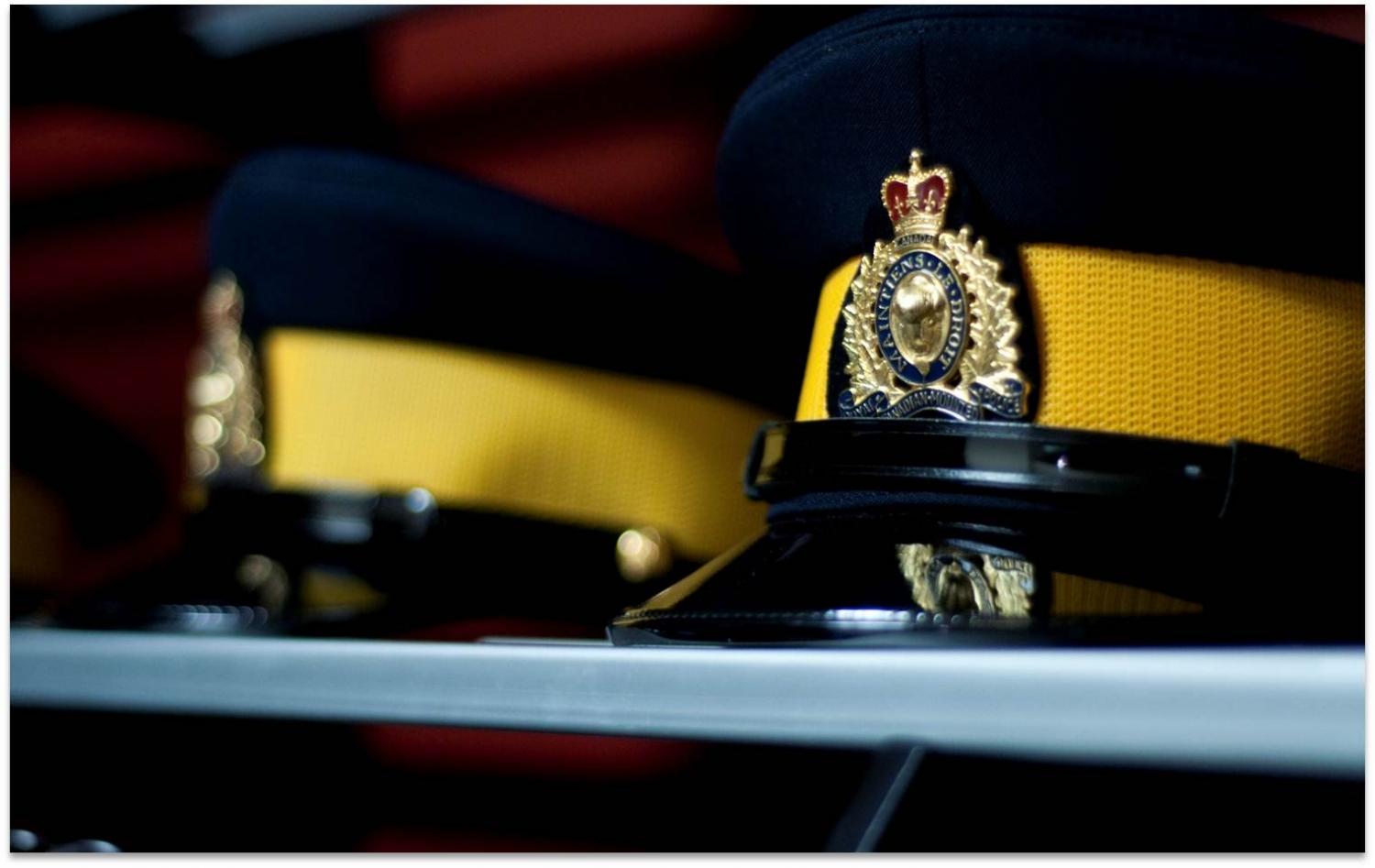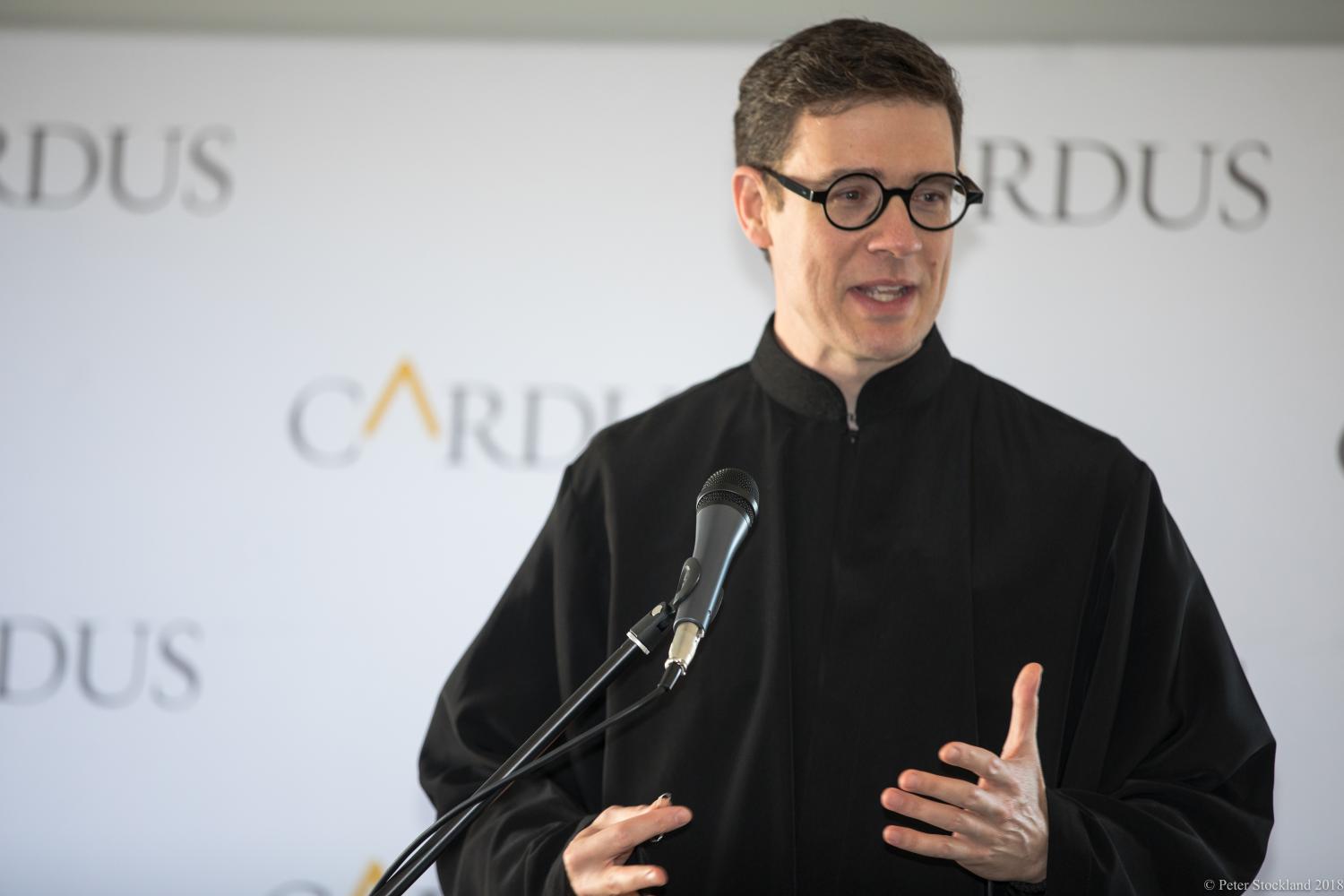
Launch of Cardus Religious Freedom Institute Couldn’t Come at a Better Time
Photos by Peter Stockland
Religious and conscience freedom, a basic right in Canada, has historically had a hand in forming a typically pluralist Canadian society. Recently, the presence of faith in Canadian society has become increasingly marginalized in the public sphere. There is now an increasing need to make sure that Canadians have the chance to use their religious freedom.
Just months ago, non-partisan and faith-based think tank Cardus introduced their new core initiative, the Cardus Religious Freedom Institute (CRFI). The registered charity focuses on promoting public conversation, independent research and thought-stimulating commentary.
With current attitudes towards religious freedom and rights in Canada, Cardus believes that what’s missing now is an institute specifically committed to quality research, education, and outreach meant to provide support for various advocacy organizations with data and educational tools in order to create real change. Enter the CRFI, intended to fill the gap through research, outreach and training, engaging the public and institutions in a dialogue on the value of religious freedom.
This new project is a national advocate for defending religious freedom in Canada, with the goals of educating about and raising awareness for the subject across the country and beyond.
The CRFI will be run by Rev. Dr. Andrew Bennett, one of the Nation’s strongest supporter of religious freedom, both domestically and internationally. An ordained deacon of the Eparchy of Toronto and Eastern Canada in the Ukrainian Greek-Catholic Church, he is the Program Director for Cardus Law at Cardus and has been with the think tank since 2016. The first Canadian ambassador for religious freedom and senior fellow for the Religious Freedom Institute (RFI) in Washington will receive feedback and counsel from a multi-faith advisory board. He says the Institute couldn’t come at a better time in Canada’s social environment.
“When Canadians are compelled to violate their consciences in order to participate in a public program like Canada Summer Jobs or regulators of the legal profession can marginalize a faith-based university because the school’s religious beliefs, you know we’ve reached a new low in Canadian religious freedom,” says Bennett. “Respect for public faith has degraded so dramatically that we need to re-educate our public institutions about it.”
Cardus Religious Freedom Institute will form many upcoming projects over the next three years. They will host four Symposia on Intersection of Religious and Civil Law, diving into the relationship between religious and civil law, how they interact with each other and their impact in a Canadian historical context. They will run a Religious Freedom Training Initiative composed of training sessions and events made to raise awareness and highlight the elements of religious freedom, as well as its role in democracy, in an effort to build a community of local leaders and show support for faith communities recently landed in Canada.
They will create the Cardus Advisory Council on Religious Freedom and Public Faith, becoming a resource and playing the roles of both a space to workshop ideas and promoters of the CRFI in various faith communities. They will make an investment in the next generation of faith leaders by expanding upon the new Faith in Canada 150 Millennial Network and hosting a semi-annual roundtable made up of young faith leaders meant to help develop public faith of Canadian millennials. They will also grow faith community relations, both traditionally and not traditionally members of the Institute’s constituency, creating opportunities for speaking, updates, research and meetups.
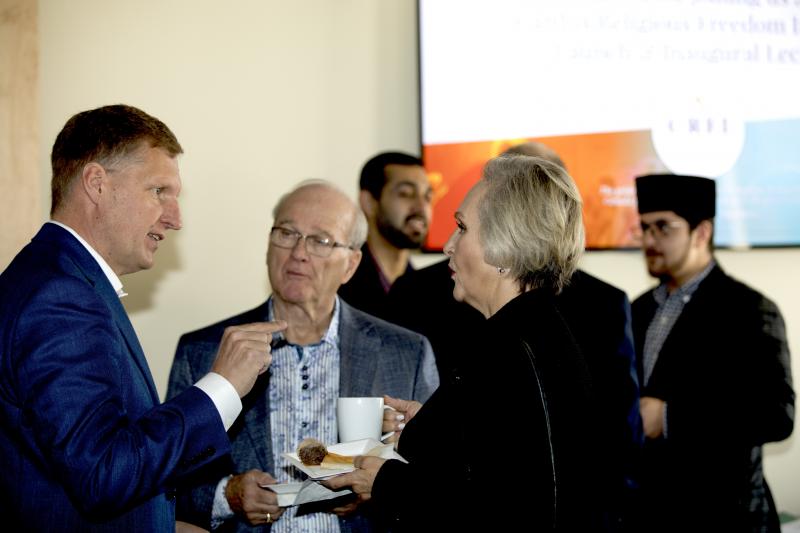
In his address at the CRFI launch, The Golden Thread of Public Faith: An Historic Freedom, Rev. Dr. Andrew Bennett highlighted why the Institute is so dedicated to religious freedom and its necessity in today's society.
"If a citizen does not enjoy the foundational freedom to live and exercise religious beliefs publicly, and to have this freedom vigorously defended by all of our public institutions, then we cannot build a truly pluralist and diverse society where difference is viewed in a positive light," he says. "The freedom to practice one’s deeply held religious faith both publicly and privately is a freedom that implicitly advances and supports a true pluralism by protecting and continually upholding difference as something necessary for a genuine citizenship."
A goal of the Institute will be to research religious freedom issues in Canada to educate Canadians and enforce a national community of religious freedom promoters.
“Central to the Institute’s work is the understanding that religious freedom is the fundamental right of all people, their communities, and their institutions to live out their most deeply held beliefs in both public and private contexts,” says Bennett.

